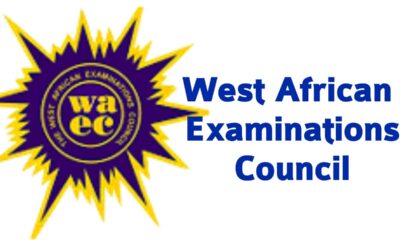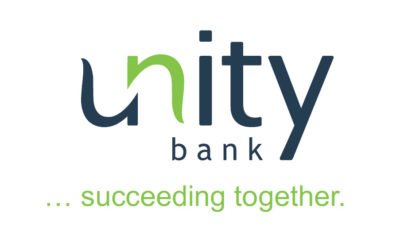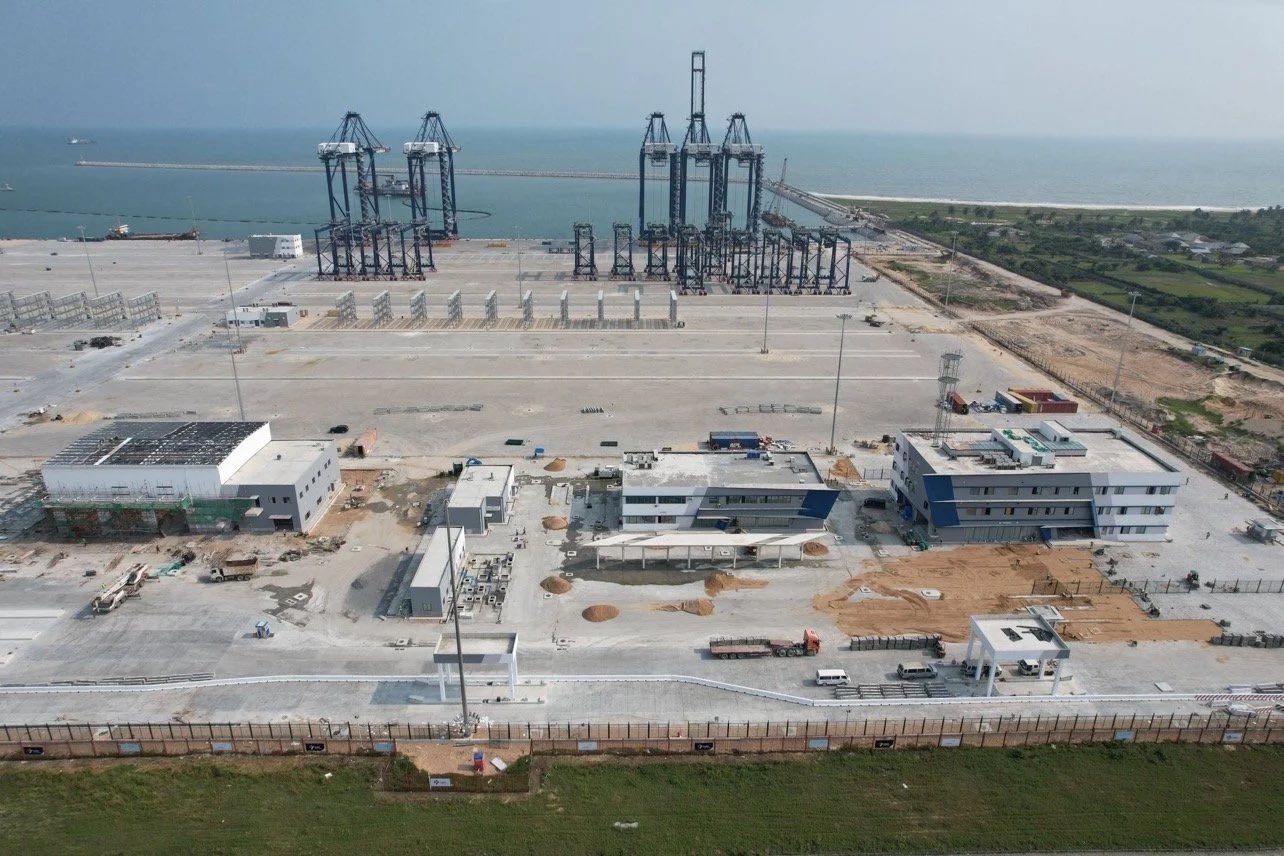- Smuggling, Biggest Challenge to Local Rice Production —FG
The Federal Government has identified smuggling of rice mainly from Thailand and India as the biggest challenge facing rice production in the country.
According to the Minister of Information and Culture, Alhaji Lai Mohammed, smuggled rice from the two countries comes into Nigeria through the country’s borders with Benin, Niger and Cameroon.
He said at a press conference in Lagos that over two million metric tonnes of parboiled rice were smuggled into Nigeria in 2017, according to the Rice Millers Importers and Distributors Association of Nigeria.
The minister said, “Let’s look at rice smuggling through Benin. The total demand for white rice (white rice is consumed in Benin, against parboiled rice in Nigeria) is 400,000 MT. Yet the country, with a population of about 11 million, imports between 1million and 1.2 million MT of rice annually. Who are they importing for? Nigerians, of course.
“In fact, as Nigeria’s rice import falls, Benin’s rice import increases. Most of the parboiled rice imported by Benin eventually lands in Nigeria through smuggling. Both Cameroon and Benin Republics have lowered tariff payable on rice to zero and five per cent respectively to encourage importation and subsequent smuggling of the product into Nigeria.”
According to Mohammed, smuggled rice currently costs between N11,000 and N13,000 per 50kg bag, while Nigerian processed rice sells for between N14,500 and N15,000 per 50kg bag.
He said, “Smuggled rice is sourced mainly from Thailand and India, which gives a high level of subsidies to rice farmers and rice processors. Local rice producers have made some representation to the government on how Nigerian rice can compete favourably, in terms of pricing, with the heavily subsidised imported rice.
“The country has never been closer to self-sufficiency in rice, a national staple, than now. Our target is to achieve self-sufficiency in our paddy production in two years, by 2020.
“This has been made possible by the purposeful leadership of President Muhammadu Buhari, who has consistently said that this nation must produce what it consumes.”
Buhari launched in November 2015 the Anchor Borrowers’ Programme, which aims to provide farm inputs, in cash and kind, to small-holder farmers to boost local production of commodities, including rice, stabilise inputs supply to agro-processors and address the country’s negative balance of payments on food.
The minister said the exponential growth in local rice production had moved the country closer to ending rice importation.
He said, “Within two years, rice importation from Thailand fell from 644,131 MT (in September 2015) to 20,000 MT (in September 2017). That’s over 90 per cent drop. So far, less than N100bn has been spent on the Anchor Borrowers’ Programme that has achieved so much.
“Meanwhile, in April 2008, the Federal Government had to quickly release N80bn from the Natural Resources Development Fund to import 500,000 MT of rice in order to cushion what it said was the effect of a global disaster. Imagine that we have ploughed that money into rice production in 2008. We would have been exporting rice by now.
He said according to the Rice Processors Association of Nigeria, the number of rice farmers had increased from five million in 2015 to over 11 million, with a total investment in excess of N300bn.
Mohammed said, “Nigeria’s rice paddy production has seen significant growth in the past three years, from four million MT to seven million MT. The country’s rice import bill, hitherto at $1.65bn annually, has dropped by over 90 per cent, with current consumption of approximately six million MT of milled rice.
“In 2015, Nigeria produced 2.5 million MT of milled rice. By 2017, it rose to four million MT, leaving a gap of two million MT. Our target is to fill that gap by 2020. In 2015, there were only 13 integrated mills. By 2017, the number rose to 21, after eight more were added.”
The minister described fertiliser production in the country as a success story, noting that President Buhari set up the Presidential Fertiliser Initiative in December 2016 to deliver commercially significant quantities of affordable and high-quality fertiliser at the right time to the Nigerian farmer.
He noted that the agricultural sector and the country’s food production were negatively impacted in 2016, saying farmers became exposed to high and rising prices for key agric inputs.
Mohammed said, “In 2017, PFI delivered 10 million 50kg bags (500,000MT) of NPK 20:10:10 fertiliser at a price of N5,500 in time for the wet season. That’s down from the price of N9,000 per 50kg bag in 2016 — a 40 per cent reduction in price. In 2018, PFI targets the delivery of 20 million 50kg bags (1 million MT), double the figure for 2017.
“Before PFI, each imported fertiliser bag was subsidised to the tune of N6,000 per bag. In 2017, PFI saved the government N60bn in would-be subsidies.”


 Naira3 weeks ago
Naira3 weeks ago
 Education4 weeks ago
Education4 weeks ago


 Naira3 weeks ago
Naira3 weeks ago
 Naira3 weeks ago
Naira3 weeks ago
 Banking Sector4 weeks ago
Banking Sector4 weeks ago
 Banking Sector3 weeks ago
Banking Sector3 weeks ago


 Naira3 weeks ago
Naira3 weeks ago
 Naira3 weeks ago
Naira3 weeks ago


















